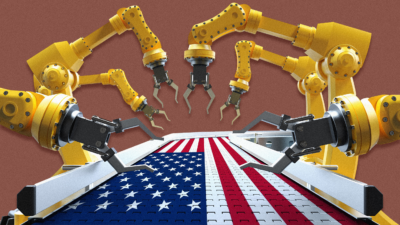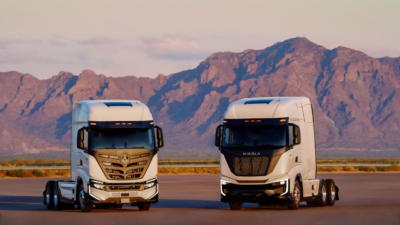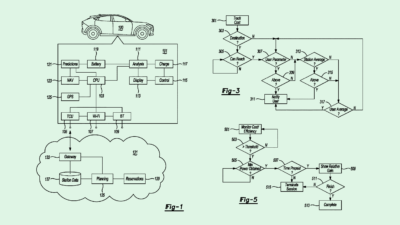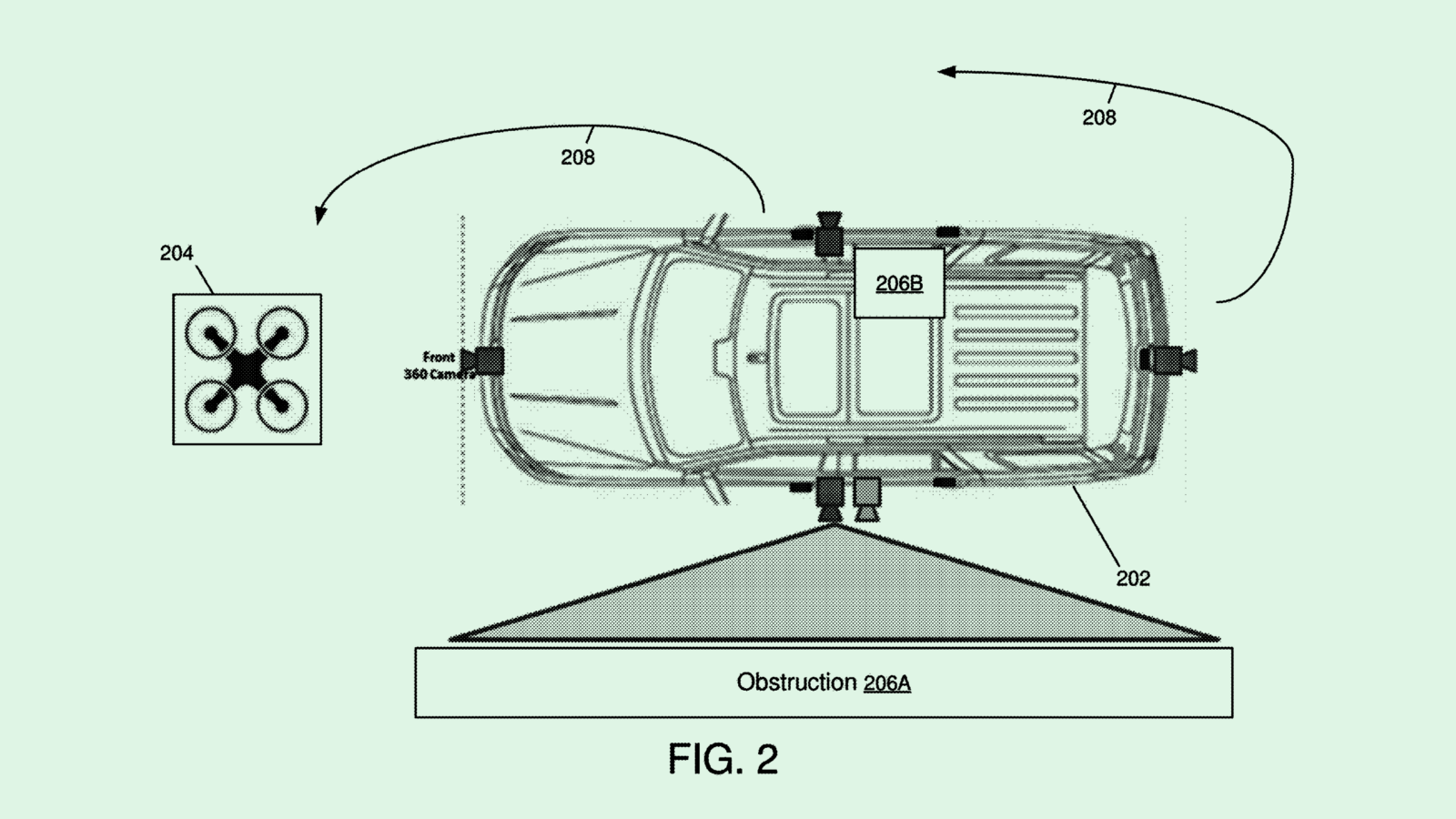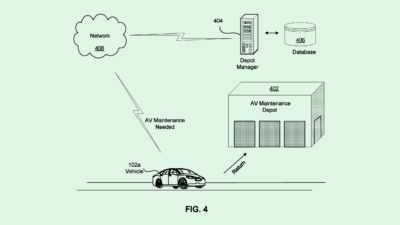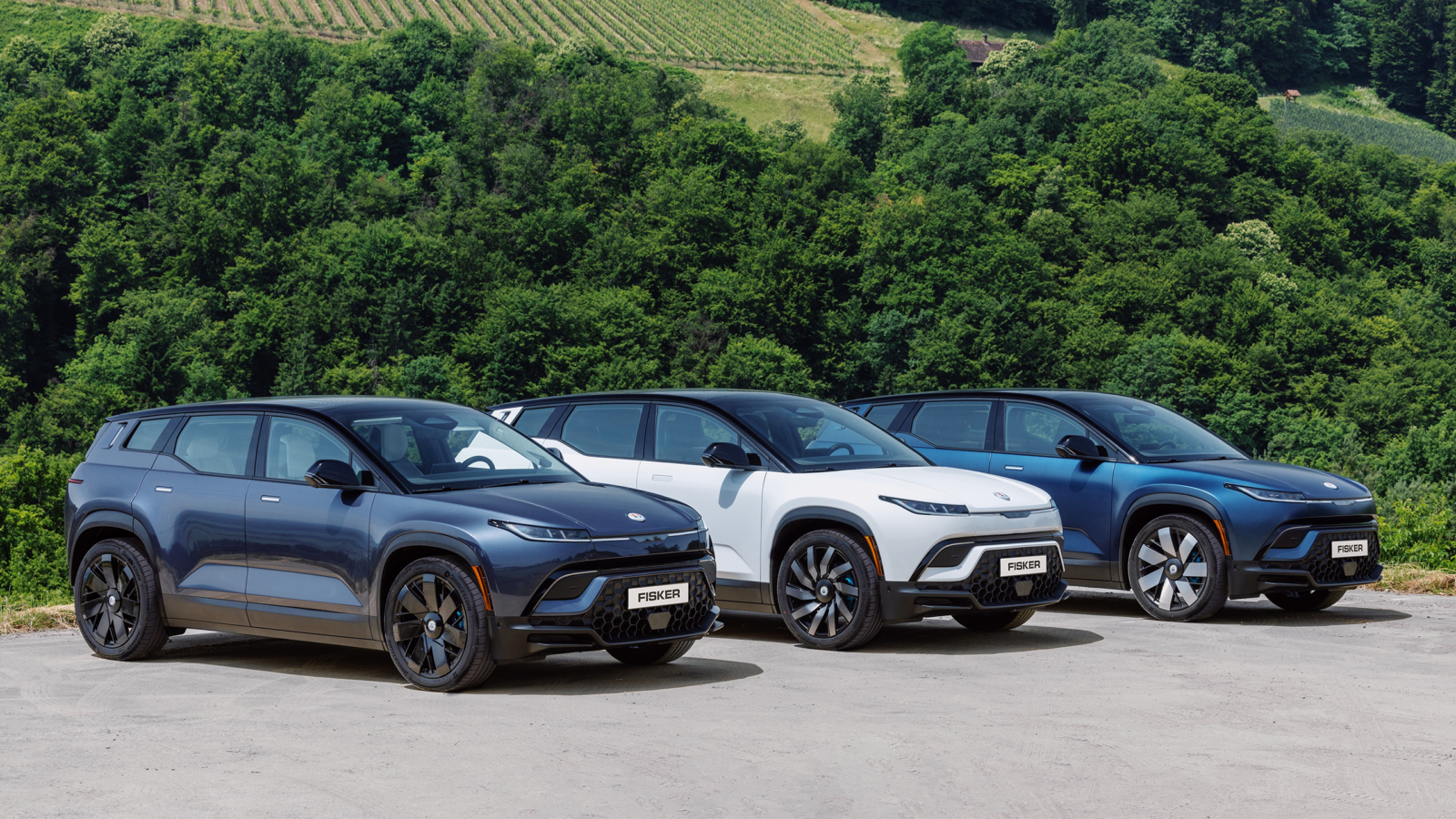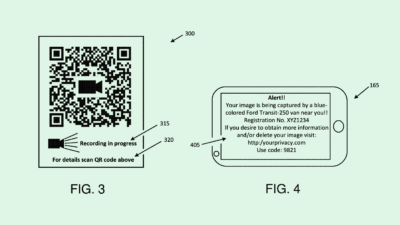Ford
-
Washington Trade Talks With Beijing Drive S&P 500 Toward Record High

Photo via Li Ying / Xinhua News Agency/Newscom
Get More Than News. Get Insights.
Our daily email brings you smart and engaging news and analysis on the biggest stories in business and finance. For free.
-
Ford Drone Patent May Create an Autonomous Driving Russian Doll

Photo via U.S. Patent and Trademark Office



